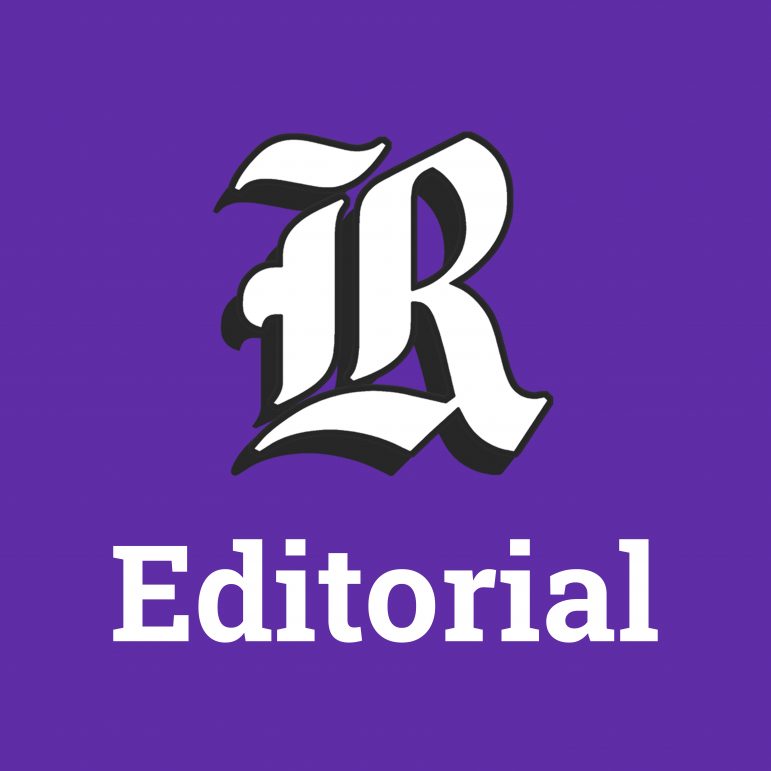In recent weeks, a faculty petition has circulated, recommending that the College adopt the Chicago Statement, a series of policies regarding disinvitation of speakers penned by the University of Chicago. The petition has produced ardent responses from students and faculty, including a student petition vehemently opposing the adoption of the Chicago Statement. The Record values freedom of expression as the very core of the work we do. We do not intend to lay out our own comprehensive policy on speakers at the College nor to decisively settle this issue; rather, we hope to contribute several important points to this larger debate on campus and across the country.
Freedom of expression on campus is an issue that should greatly concern those of every political ideology. Despite the political right’s more public focus on this matter, the vast majority of faculty who have been recently sanctioned for expressing controversial views were expressing liberal or left-leaning arguments, according to a recent Acadia University study. But the debate over invitation and disinvitation of speakers is nowhere near the entirety of the issue of free expression on campus.
In particular, this focus on disinvitation has been co-opted by a small number of high-profile and inflammatory white supremacists such as Richard Spencer and Milo Yiannopoulos. According to the Foundation for Individual Rights in Education, each year sees only 20 to 40 disinvitations amongst the over 3000 colleges and universities in the country. In 2016, 11 of these disinvitations were for one speaker, Yiannopoulos. The Chicago Statement is in many ways a part of a branding strategy that plays upon the attention such disinvitations get, despite their relative rarity. It in no way is, nor should be, the be all and end all of principles for free expression on campus.
The way in which this conversation has pitted students and faculty against each other is also troubling. We reject the binary that this debate has created on campus, in which signatories feel pressure to attach their name to only one viewpoint or the other. The question of who and what is given a platform at the College is a nuanced one, and the current debate around whether or not to adopt the Chicago Statement has oversimplified the issue to the detriment of the complexities at stake. We also want to acknowledge the substantial areas of agreement between groups on all sides of this debate: that there are, in fact, categories of speech such as harassment, defamation and incitation to violence that no one believes ought to be allowed on campus – indeed, categories of speech that are not even protected by the First Amendment.
Rather than adopt the Chicago Statement, then, we believe that the College should work internally to think about its values on inviting and disinviting speakers, as well as broaden the conversation about freedom of expression on campus. Questions to be considered might not only include speakers on campus, but also what other barriers to freedom of expression exist. What people or perspectives are commonly denied opportunities to speak, write and otherwise express themselves on campus? What categories of people (such as students, untenured or non-voting faculty and staff) do not enjoy the same systemic protection for their speech as tenured faculty do? Freedom of expression is central to our work at the Record and at the College; valuing such freedom, however, is far more complex than endorsing an outside set of guidelines entrenched in inflammatory debate. We ought to take advantage of the College’s immense resources and talent to foster an intentional dialogue about the many facets of this issue within our community.









